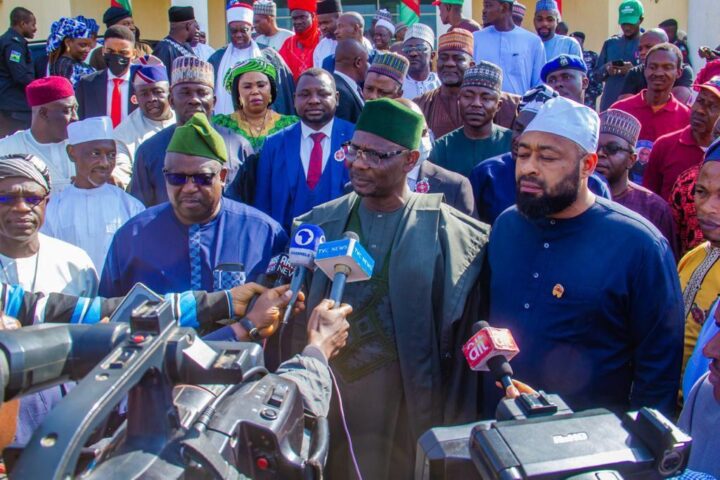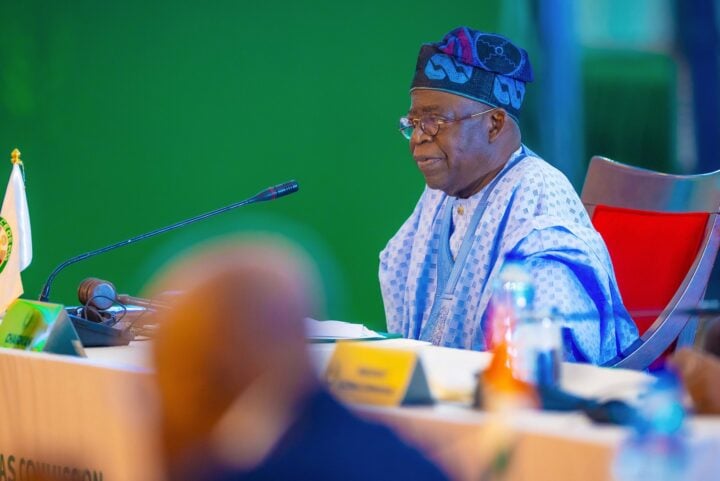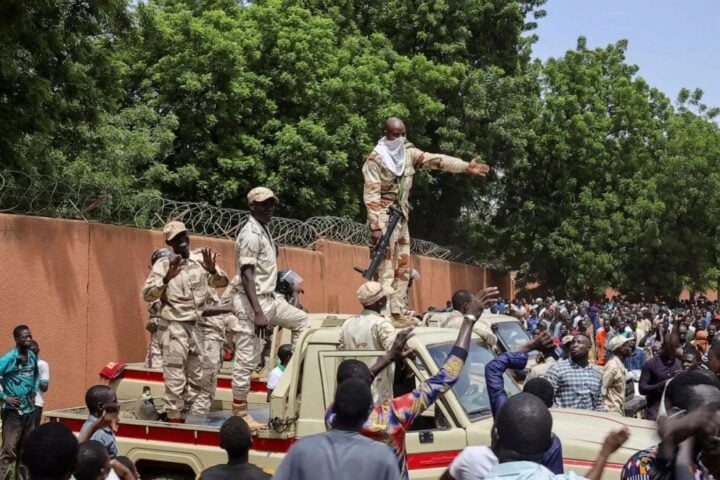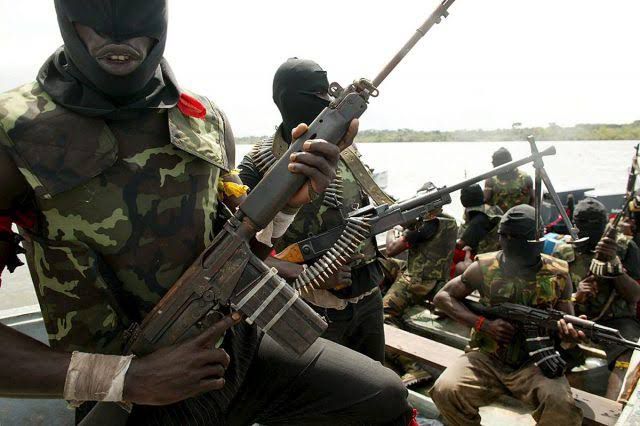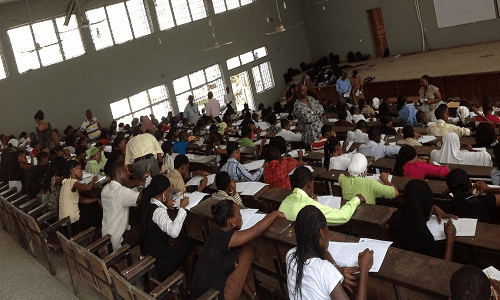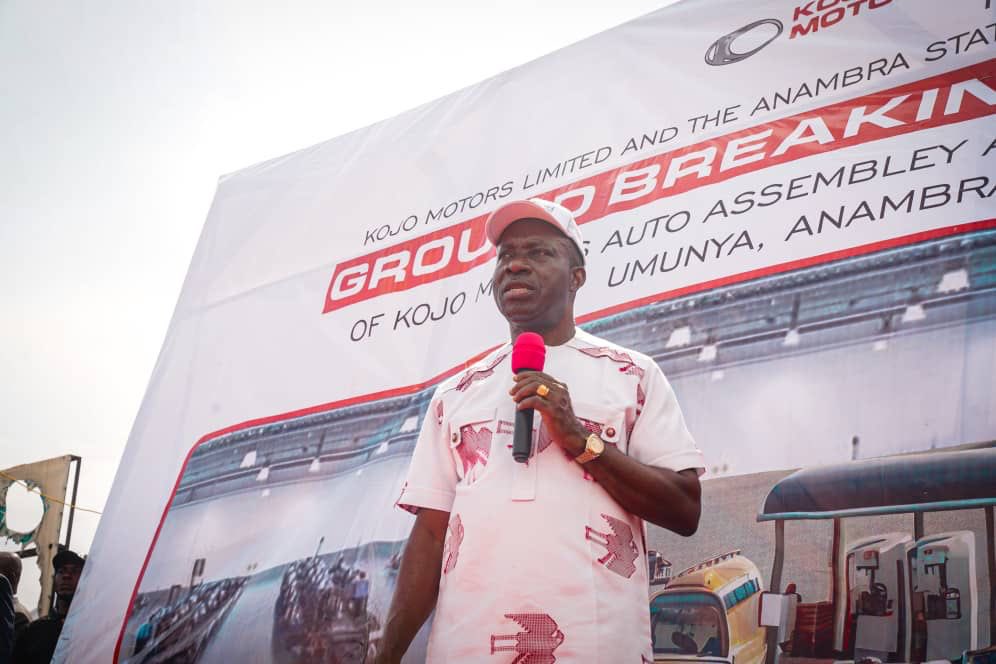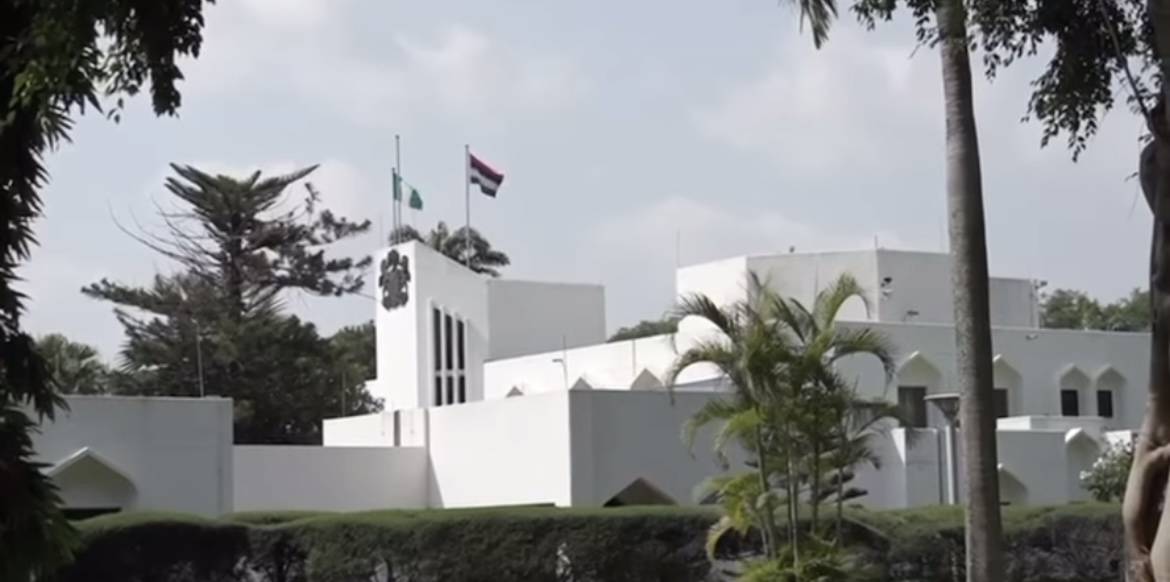North-central states governors
On Tuesday, members of the North Central Governors’ Forum paid a solidarity visit to Plateau state over last Christmas Eve’s attack. The attack led to the death of over 200 people.
The entourage included Governors Abdullahi Sule, Hyacinth Alia and Umaru Bago of Nassarawa, Benue and Niger states respectively. At the end of their visit, Sule, who led the trip, spoke about the forum’s desire to jointly fight the wanton violence criminals periodically unleash on the region. He said the governors are “now eager to ensure that we make an impact in our various states and north central”. The group also plans a security and economic summit after meeting a few times to discuss the matter, he claimed.
This information should be a welcome development if it turns out that he was not just bluffing and playing to the gallery. You would wonder why the governors waited this long to consider forming a united front against banditry and other forms of violence that have hit nearly all states in the region.
Roving criminals pillage communities, killing, maiming, raping women, and kidnapping people, including children, for ransom. In April 2023, the Benue State Emergency and Management Agency claimed that over 5,000 people in 18 of its 23 local government areas had been killed by armed herders since 2015. Hundreds of people have been murdered in cold blood by the criminals, some of whom are carrying out illegal mining activities across the zone.
Advertisement
The question, therefore, is why it has taken governors of the north central this long to contemplate a joint action that can save lives and increase economic activities, especially agricultural practices, which has received distortions that affect food security in Nigeria.
The question becomes more pertinent because, in 2020, south-west governors set a precedent by launching ‘Amotekun’, a region-wide security outfit thereby dramatically reducing the incursion of marauders identified as Fulani herdsmen. Governors of the south-east states soon followed suit by launching ‘Ebubeagu’.
So, why did Sule and colleagues wait this long even when the immediate past defence minister once indicated that Nigerians may have to defend themselves? Why did former Governor Ortom of Benue state remain the lonely voice shouting himself hoarse over this matter between 2015 and 2023? Did political considerations trounce the life preservation at this time?
Advertisement
Regardless of the enormous loss of life and resources that this oversight or lack of it has caused the nation however, let us hope that the prospects for collaboration Sule announced become a speedy reality.
But even then, the reluctance and failure of these governors to take decisive collective action indicates the lack of respect for the sanctity of lives in Nigeria. In line with the standards in the free world, S. 33 of the Constitution of the Federal Republic of Nigeria (1999 as amended) guarantees the inalienable right of citizens to life, except in the “execution of a sentence of court in respect of a criminal offence of which he has been found guilty…” or using legal force in circumstances where the person is involved in criminal activities that impede societal peace. Still, life has become too cheap in Nigeria.
For instance, the Christmas attack on over 20 villages in Plateau went on for three days. Reports said the villagers made numerous calls, but help did not come until the terrorists wreaked irreparable havoc. Yet, a special task force, Operation Safe Haven, exists in the state.
The military unit headed by a major general of the Nigerian Army failed to respond to the desperate calls of the distressed villagers until the end.
But it doesn’t end there. This high-ranking military officer has been associated with unprofessional and insensitive comments, which has not been denied.
Advertisement
If Major General Abubakar, who is also the general officer commanding (GOC) of the 3 Division of the Nigerian Army, indeed attributed this terrorist invasion to the devil, in addition to saying that it could have been worse, he should not be in that position today! if only as a mark of respect for the innocent victims of this attack, the Army hierarchy should immediately remove him from this position. Since the comments have not been denied until this date, the redeployment of the officer is a no-brainer that would have sent signals to people whose postings are critical to the security of lives in the country. But how much does the Nigerian life mean to these people?
We must however agree that the lack of respect for lives in Nigeria goes beyond some leaders’ inaction, insensitivity, and presumed wickedness. It has become a national malaise, taking a national character.
I will give an example with the recent story of a young man allegedly killed in Ogun state. According to the story on social media, the university student had gone to preach at a motor park in Ago-Iwoye. While doing his thing, park operators reportedly said he was disturbing the peace and asked him to leave, but he continued. After a while, someone allegedly hit his head with a rod causing him to fall while blessing profusely. People watched him bleeding until some policemen reportedly came around and took him away.
Witnesses assumed that the police officers took him to the hospital until one week later when his corpse was allegedly found in what appeared as motor accident along Ijebu-Ijesha Road. Eyewitnesses, however, recounted the motor park event to the family, which already filed a missing person report with the police. From what I read; the incident is now under investigation.
Advertisement
So, while the shedding of human blood should ordinarily be an aberration, it is becoming a norm in Nigeria to which many people are numb. When it happens, everyone shouts to the high heavens momentarily, and then we forget, and life goes back to normal until the following incident.
And every strata of society is guilty. Over the years, the government has not lived up to its responsibility to keep the people safe. But that is not where the desecration of life ends in Nigeria. When non-state actors like terrorists, bandits, kidnappers, armed robbers, or common hoodlums like the ones at motor parks don’t terminate the lives of people indiscriminately, state actors spray bombs on people from the safety of their fighter jets, albeit erroneously. They plead their error without much remorse, speaking like they were doing us a favour after all. Even though the military should act on intelligence, the consequences of failure are never brought on anyone, at least to public knowledge.
Advertisement
When people are not bombed in error, frustrated police officers turn their guns on innocent citizens while hundreds of citizens succumb to accidents on the death traps that we call roads annually; death just seems to lurk in corners across the country.
Rather than call for help, many Nigerians would watch, even bring out their phones and record as life ebbs out of victims of some of the violence that Nigeria visits on its people.
Advertisement
But death is not the end of the misery of many Nigerians. Even after death, we have read about mortuary attendants who violate corpses and sell parts of their bodies! It is like we have lost our humanity.
But we cannot continue like this.
Advertisement
As the government strives to put the economy on the track of development, serious efforts must be made to tackle the level of insecurity in the country and place the utmost value on life. It is, in fact, impossible to build a stable society with the level of insecurity and fear that Nigerians live with.
Regardless of the number of times that the President reassures investors about the safety of their persons and investments, actual events will discourage them. The same applies to local investors who, aside from an inability to guarantee a return on investment, may also become the subject of attacks. That is not to speak of the effects of failure to tackle insecurity on farmers in many parts of Nigeria. Leaders must therefore realise that they are fighting a multi-pronged war, and some of these wars must be fought simultaneously.
In fighting the war against insecurity and restoring respect for life in the country, all hands, including governments at all levels, community leaders, religious leaders, and parents, must be involved. Apart from its economic woes, this country is in a moral dilemma, which it must battle to avoid the risk of wasting its potential economic advantage when it eventually comes. We cannot continue to treat life like a disposable asset.
Adedokun can be reached via X:@niranadedokun
Views expressed by contributors are strictly personal and not of TheCable.
Add a comment

